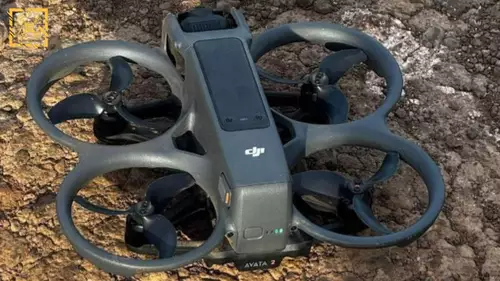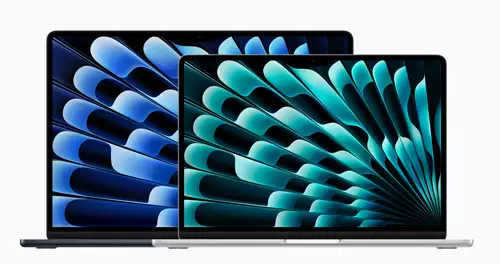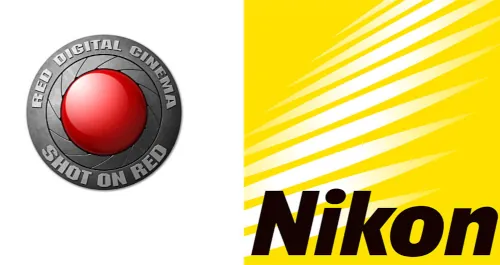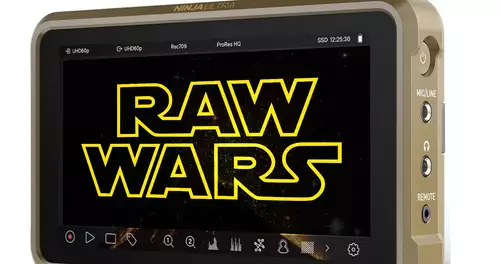Frage von Herbert2:
Hello!
Can anyone explain exactly why the tape quality is actually better than on DVD? I read that there is always a loss in quality to restore the computer and that you are ready s.besten videos are archived on tape, rather than on DVD. I do not understand fully. "Digital" is not a normal loss of quality. how does this happen?
Antwort von Markus73:
 Can anyone explain exactly why the tape quality is actually better than on DVD? I read that there is always a loss in quality to restore the computer and that you are ready s.besten videos are archived on tape, rather than on DVD.
Can anyone explain exactly why the tape quality is actually better than on DVD? I read that there is always a loss in quality to restore the computer and that you are ready s.besten videos are archived on tape, rather than on DVD. When applying to the PC, there is no loss, since only one - even in digital form - on the tape saved file is copied, with only faint Compression.
A video DVD video files in MPEG2 format, this is highly compressed and is therefore only as a "format", and not to bring it again to edit.
So in short: The medium does not, but it used file types: DV-AVI on the tape is slightly compressed and therefore has a very bulky (1 hour = approx 13 GB) to DVD MPEG2 video compression with high (1 hour = about 3-4 GB). From this point of view can be digitally "clearly imply a quality loss, not only by weak media (such as an analog VHS videotape), but wanted by Compression.
Gruß,
Markus
Antwort von Johannes:

Yes According to the DV editing is always better because the DVD cams. usually only via USB with the computer can be. And many editing programs, the cams. not finden.Und videos via USB to transfer without loss of quality is always to be expected. To never file storage for a long time ban on DVD!
Antwort von Pianist:

I will now no keynote speech, but so many times as a short version: "Digital" means just that the picture and sound signals in noisy ones and zeros are converted. How exactly will happen to ensure a variety of compression techniques. There are currently in this area around 2,500 different codecs. The quality is achieved with very different and depends on the example of the size of the resulting files.
The quality on tape "you can not with the cars' quality on DVD," compare, because we have in both cases first must talk about it to know what Aufzeichungssystem and what codec it is. If with "quality to tape" a Betacam SP, Digibeta, IMX, DVCPro50 or even HDCAM tape is meant, then the quality is obviously better than a well-encoded DVD. For Comparison: The data on a good video-DVD is about 8 megabits per second. In tape recording process is he at 50, 100 or more megabits per second.
The optical impression of a DVD must therefore not be worse, because the compression methods yes very clever work. But you're just on a video DVD with only a heavy runterkomprimierten Studio to do that then not again be processed next. In uncompressed quality you get on a normal DVD (but then as a data-DVD), only about four minutes Picture and Sound.
I hope you like it rough now declared to have. If you want to know more, you need to say precisely what you want to compare.
Matthias
Antwort von Andreas_Kiel:

Hi,
because on the tape to MiniDV (HDV excluded) uncompressed recording. These data show on the hard drive about 13 or 15 GB / hour (the exact value of which I have not in the head).
On the single-layer DVD fit 4.7 GB and is a (video -) season of up to 2 hours. Ie, 26 or 30 MByte are violently compressed.
The compression is not without loss to himself, take times a picture in BMP format (uncompressed) and one in JPEG format. If the latter in the same compression rate will be screwed like a SL-DVD with 2 hours of film, it simply complains * ssen from. Keyword: "compression artifacts".
"Digital" is not the magic word for quality: there are digitally working "devices", perhaps they do not call camera, whose quality is still significantly lower (analog) VHS format is.
BG
Andreas
Antwort von Pianist:
 "Digital" is not the magic word for quality: there are digitally working "devices", perhaps they do not call camera, whose quality is still significantly lower (analog) VHS format is.
"Digital" is not the magic word for quality: there are digitally working "devices", perhaps they do not call camera, whose quality is still significantly lower (analog) VHS format is. Exactly. Consider s.die first digital multi-channel long-recorder in the field of video surveillance.
Matthias
Antwort von Pianist:
 because on the tape to MiniDV (HDV excluded) uncompressed recording.
because on the tape to MiniDV (HDV excluded) uncompressed recording. What exactly do you in "uncompressed"?
Matthias
Antwort von PowerMac:

Digital unequal loss.
Antwort von Andreas_Kiel:

na beautiful, that is "relatively lossless" compression. I had a long day and can be words like "Chromadownsampling" simply do not write more :-)
Andreas
Antwort von Andreas_Kiel:
 Digital unequal loss.
Digital unequal loss. Digital is not always the same loss?
:-)
Andreas
Antwort von PowerMac:
 (...) Because on the tape for MiniDV (HDV excluded) uncompressed recording. (...)
(...) Because on the tape for MiniDV (HDV excluded) uncompressed recording. (...) Wrong. DV is about a factor of 8 against 4:2:2 also in 8-bit compressed.
Antwort von Axel:
 Digital is not always the same loss?
Digital is not always the same loss?
:-) Naturally creep error. For a single copy of the DVD (that is 4.38 GB), a
calculator, on average, after four generations, differences can be found, which correspond to a "mutation rate" of 1:14 million, subject of course, synonymous to the quality of the blank and burner (elsewhere is about 1:100 million indicated). Whether it was ever investigated, according to how many generations of
visible differences occur, I do not know.
For tough cuts in DV is not a question of quality loss to be feared as a different color correction, as it intervened in Farbbeschreibungen, which per se already "some" are. Any further processing step removed more information from the original. That's why you have to try it in the pictures "fit" to have, so far as it goes. This applies to a greater extent for HDV. Amazingly, so that synonymous nor Korrekturn are possible, is already a small miracle.
Antwort von Herbert2:

Thank you for the many replies. If I understand correctly now, I could but a 20-minute film on data DVD in AVI format to archive and would be almost the same quality as on tape. Or was I wrong?
Antwort von Pianist:
 Thank you for the many replies. If I understand correctly now, I could but a 20-minute film on data DVD in AVI format to archive and would be almost the same quality as on tape. Or was I wrong?
Thank you for the many replies. If I understand correctly now, I could but a 20-minute film on data DVD in AVI format to archive and would be almost the same quality as on tape. Or was I wrong? That comes back to the data of the AVI file to. If we of 300 KB per frame expect on the DVD would be only about 10 minutes it fit. At 150 KB per frame, which comes with the 20 minutes out. And the Comparison with the tape, it is important to compare which system you want. "On tape" can mean so much.
Matthias
Antwort von Wiro:
 ... I could a 20-minute film on data DVD in AVI format to archive and would be almost the same quality as on tape
... I could a 20-minute film on data DVD in AVI format to archive and would be almost the same quality as on tape Not only almost, but real
It is not as complicated as it is presented here.
Whether you have a ready-cut movie as a DV file on hard drive or on tape ausgibst - there is always the same quality.
Also the output on computer tape will internally until a DV file and then written to the tape-export starts. Consequently, this allows you created DV file instead of tape as well to a data DVD.
20 min DV file is about 4.44 GB in size - that fits to a data DVD.
Gruss Wiro









